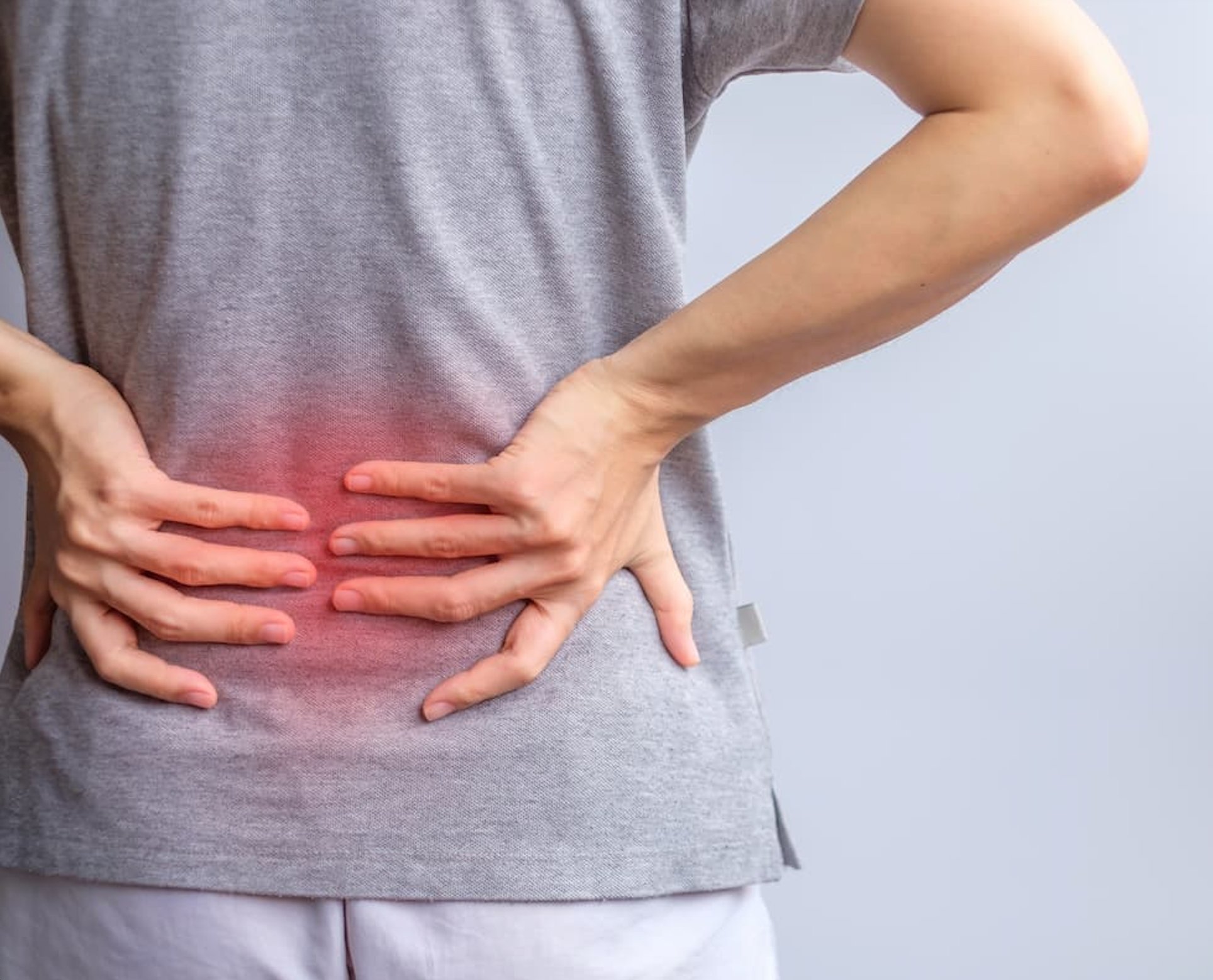
Reformer Pilates Shows Promise for Chronic Pain
A six-week Reformer Pilates program helped women with chronic pain feel stronger, sleep better and worry less about movement.
By
Lana Pine| Published on July 31, 2025
4 min read
Reformer Pilates may significantly reduce pain and improve sleep and mental health in patients with chronic low back and neck pain, according to research published in BMC Psychology.
Reformer Pilates is a form of exercise that uses a special machine (called a reformer) with springs, straps and pulleys to guide your body through gentle, low-impact movements. It’s grown in popularity for strengthening the core, improving posture and building flexibility — but now, researchers say it may offer significant mental and physical benefits for chronic pain, too. This builds on previous research that has shown the beneficial effects of Pilates for patients with other chronic pain conditions, including fibromyalgia.
What Did the Study Look At?
The study was led by Nilay Şahan, Ph.D., PT, and her team at Çankırı Karatekin University in Turkey. They wanted to whether Reformer Pilates can help women with long-term back and neck pain feel better both physically and mentally.
They recruited 54 women between ages 30 and 50 who had chronic musculoskeletal pain (which means ongoing pain in muscles, bones or joints). Half of the women were assigned to do Reformer Pilates for 45 minutes twice a week for six weeks. The other half didn’t participate in any new exercises and served as the control group.
Researchers then measured pain levels, fatigue, sleep quality and even fear of movement — since many people with chronic pain develop anxiety about making their symptoms worse through physical activity.
“Pain is a multidimensional experience that encompasses not only physical but also psychological and social components,” wrote Şahan. “This complexity explains why the severity of pain is not always directly related to the extent of tissue damage. Especially in the case of chronic pain, it can become a significant source of stress that negatively affects a person’s quality of life.”
The Results Were Impressive
After six weeks, the women who practiced Reformer Pilates had less pain across the board, including a noticeable reduction in the worst pain they felt each day. They also reported improvements in the following:
- General activity and mobility
- Mood and enjoyment of life
- Walking and working
- Sleep quality
- Relationships with others
What’s more, these women felt more confident managing their pain. They used more active coping strategies, like breathing techniques and mindset shifts, and showed a greater belief that their pain could improve.
A Mind-Body Approach to Chronic Pain
One especially interesting finding was the improvement in participants’ fear of movement—a common issue in people with long-term pain. Many become afraid that bending, lifting or even standing too long could worsen their symptoms. But by practicing gentle, guided movements with Reformer Pilates, the women in this study became less afraid of using their bodies.
Fatigue also decreased and sleep improved, both of which can make a huge difference in quality of life. Though not all changes were large enough to be considered clinically significant, the improvements in pain intensity and fatigue were.
While these results are promising, investigators mentioned a few limitations to be aware of, including the short intervention period and lack of follow-up to see whether the benefits lasted long term. Additionally, all participants in the study were women, which makes it unclear whether men would experience similar results. Including both men and women in future studies will help determine how widely these benefits apply. Finally, most of the outcomes were self-reported by participants, which is helpful but can also be subjective.
“Reformer Pilates can be considered as an effective treatment option to alleviate pain and improve psychological well-being (such as fatigue) in patients with chronic musculoskeletal pain (especially those with low back and neck pain),” concluded investigators.

